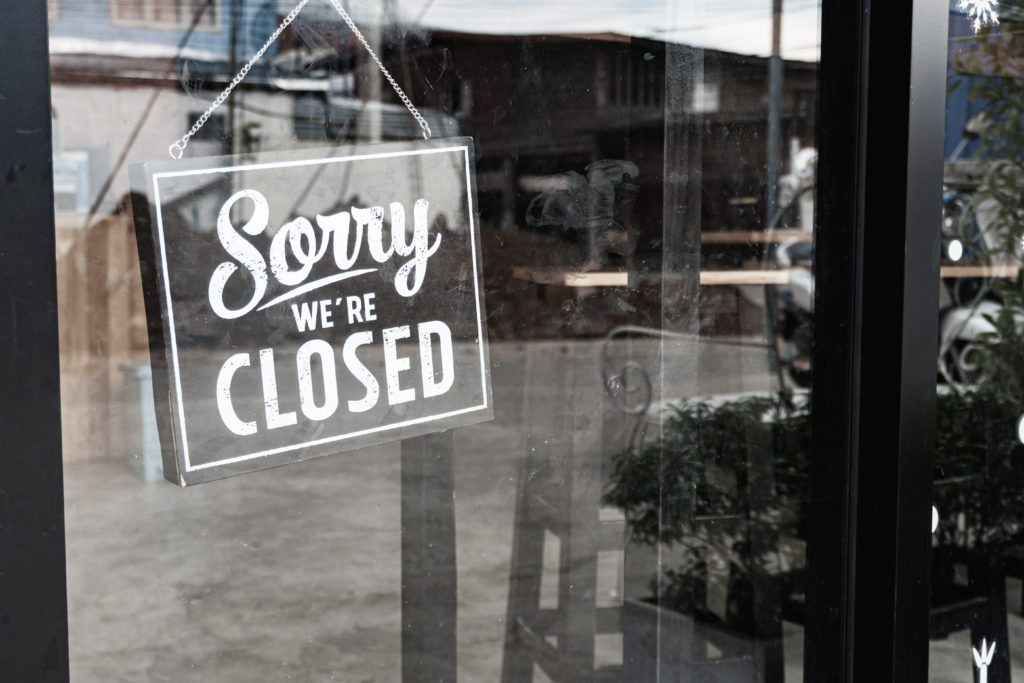
The coronavirus is disrupting events, airlines, and more—and insurance likely won’t be much help for the interruptions.
Standard business-interruption policies, which pay cash to make up for lost revenue when a business has to halt operations unexpectedly, exclude epidemics and disease outbreaks.
The reason is that most property policies, which business-interruption is tied too, require property damage to occur that results in income loss.
Many policies were lax in the past. However, insurers learned a costly lesson from the severe acute respiratory syndrome in 2002-2003, according to the Wall Street Journal.
In Hong Kong, insurers paid $41.8 million (HK$325 million) in claims for business interruptions from SARS, according to the WSJ.
Closely related to business-interruption is contingent business interruption insurance, which kicks in when the shutdown is at a customer or supplier of the insured company. Those contingent policies almost always cite “direct physical loss or damage” as a requirement to get a payment, so again coverages will probably not extend to lost income from a disease outbreak.
One area where coverage could extend to a disease outbreak depends on if a disease qualifies as a “pollutant.” Lucian McMahon at the Insurance Information Institute writes:
Surprisingly, whether a disease outbreak can cause property damage is actually up for debate. Some have argued that the mere presence of a disease on the covered property could be a direct physical loss. But even if that were true, many commercial property policies include pollution or contamination exclusions, which can include viruses, bacteria, and diseases. In that case, any physical damage caused by a disease would not be covered. (That being said, how courts interpret a pollution exclusion varies significantly, so anything could happen if the question is litigated.)
One other area where insurance could help is decontamination.
“If you have an employee who has the coronavirus, they’ll bring in a special decontamination crew, and there could be a $250,000 to $500,000 payment for this,” Christian Ryan of the risk advisory firm Marsh told The New York Times. “They’ll have a policy stating, ‘We’ll pay up to $500,000,’ not millions and millions of dollars.”
Analysts expect a storm of litigation in the coming months, as companies add up their losses and lawyers look for ways to get around the limits and exclusions, according to The New York Times.

